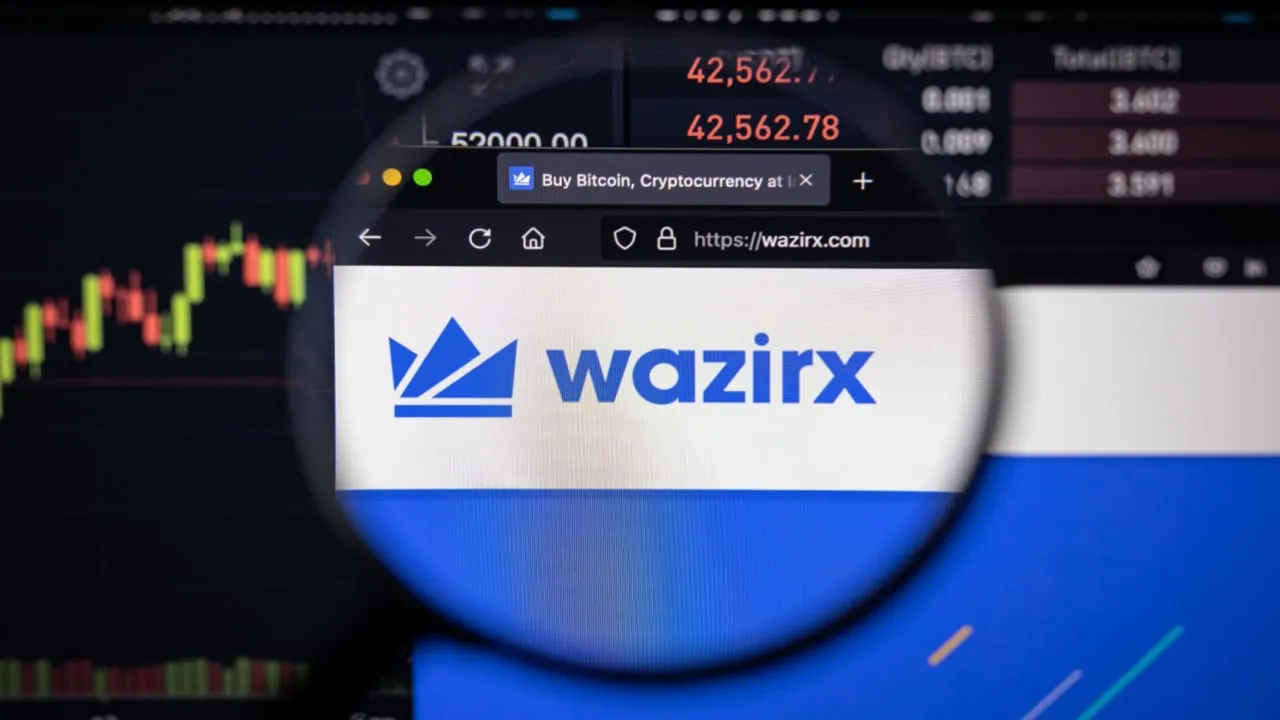(Bloomberg) -- Harvard University won a temporary court order blocking the Trump administration from enforcing a ban on international students at the school, giving it a win in a high-stakes legal fight with broad implications for higher education in the US.
US District Judge Allison Burroughs ruled on Friday that the government can’t enforce the ban, which it imposed the day before. Burroughs issued her ruling just hours after Harvard sued the US in Boston federal court. She granted the university a temporary restraining order, finding that it would sustain “immediate and irreparable injury” if the Department of Homeland Security directive went into effect.
The directive threatens to deliver a crippling blow to the oldest and richest US university and escalates the government’s fight with elite colleges.
The US has said it is acting against Harvard over the school’s handling of antisemitism on campus and government demands for more oversight of foreign students. Harvard counters that President Donald Trump has gone far beyond the measures the federal government can legally take to resolve such a problem at a university.
Friday’s ruling means Harvard won’t have to immediately stop enrolling international students, which would affect about a quarter of the student body. In its lawsuit, Harvard is asking the judge to declare that the government’s directive illegally violates the university’s free speech and due process rights and fails to follow federal regulations. The TRO will remain in place until the court rules on Harvard’s request for a longer-lasting injunction. A hearing on that request is set for May 29.
‘Unwarranted Action’
“We condemn this unlawful and unwarranted action,” Harvard President Alan Garber said in a statement. “It imperils the futures of thousands of students and scholars across Harvard and serves as a warning to countless others at colleges and universities throughout the country who have come to America to pursue their education and fulfill their dreams.”
The US directive has thrust thousands of foreign students into limbo. Both the suddenness and timing of the move have left current and accepted students struggling to figure out what to do next. Almost 6,800 Harvard students, 27% of the student body, come from other countries, up from 19.6% in 2006, according to the university’s data.
The White House said the university’s priorities were misplaced.
“If only Harvard cared this much about ending the scourge of anti-American, anti-Semitic, pro-terrorist agitators on their campus, they wouldn’t be in this situation to begin with,” spokesperson Abigail Jackson said in a statement.
Department of Homeland Security spokesperson Tricia McLaughlin said the lawsuit “seeks to kneecap the president’s constitutionally vested powers” and that “it is a privilege, not a right, for universities to enroll foreign students and benefit from their higher tuition payments.”
Escalating Fight
Burroughs is also overseeing an earlier suit the university filed against the Trump administration, over its freeze of more than $2.6 billion in funding. Some legal experts say the court is likely to find that the government’s actions lack a reasoned basis and smack of punishing Harvard for political reasons.
But while Harvard is showing its community that it is fighting, the government is showing it has many powerful financial levers to pull. Harvard is the richest US university, but its $53 billion endowment is largely restricted. Trump has also said he is looking to rescind Harvard’s tax-exempt status, which would be a profound blow to the school’s finances.
Harvard said Thursday’s government directive means it wouldn’t be able to offer admission to any new visa holder students for at least the next two class years. Even if the school were ever to regain certification, future applicants may shy away from applying out of fear of further reprisals from the government, Harvard said.
University Finances
The move could also chill foreign students from coming to the US at all, even if the government doesn’t take similar actions against any other universities. More than 1 million international students attend US colleges. Many pay the full price, significantly contributing to university finances.
At least one overseas school is already seizing on the opportunity. The Hong Kong University of Science and Technology on Friday announced an “open invitation” to students enrolled at Harvard and those with confirmed offers.
In its directive, the US revoked Harvard’s Student and Exchange Visitor program certification, meaning foreign students can no longer attend the university. Existing international students must transfer or lose their legal status, the US said.
The directive is “devastating for American excellence, openness and ingenuity,” Massachusetts Institute of Technology President Sally Kornbluth said in a statement, adding that the action left her in “profound disbelief.” She expressed support for MIT’s own cohort of international students, telling them that “MIT would not be MIT without you.”
‘Stroke of a Pen’
The legal fight between Trump and Harvard started last month, with the school’s first suit against the administration for blocking federal funds. The US had demanded the school remake its governance, transform admissions and faculty hiring, stop admitting international students it says are hostile to US values, and enforce viewpoint diversity. Harvard said it couldn’t allow a government takeover of the university.
In its new lawsuit Friday, the school said that “with the stroke of a pen, the government has sought to erase a quarter of Harvard’s student body, international students who contribute significantly to the University and its mission.”
Effective immediately, Harvard’s thousands of international students would have little choice but to try to secure a transfer to another school, or they will end up without legal status in the US, along with more than 300 dependents, the school said. Harvard can no longer sponsor those visa holders for its upcoming summer and fall terms, despite having admitted them. Countless academic programs, research laboratories, clinics and courses supported by its international students have been thrown into disarray.
The university says it has been certified by the federal government to enroll foreign students under the F-1 visa program, and it has long been designated as an exchange program sponsor to host J-1 nonimmigrants, a category for non-degree programs.
Targeting Foreign Students
Trump’s immigration policies have targeted foreign students before. This spring, US officials canceled the legal status of thousands of students to study and work. After facing dozens of lawsuits, the administration said it would reinstate their status while it came up with a new policy.
On Thursday, a federal judge in California entered the first nationwide injunction blocking the administration from attempting another mass termination of students’ status for now, saying he couldn’t be sure officials wouldn’t make another attempt in the near future.
That ruling doesn’t apply to institutions such as Harvard. But if the administration ultimately succeeds in the fight over its push to cancel foreign students’ legal status, it would have broader ripple effects on Harvard and the thousands of other US institutions approved to accept them each year.
The case is President and Fellows of Harvard College v. Department of Homeland Security, 25-cv-11472, US District Court, District of Massachusetts (Boston).
--With assistance from Erik Larson, Akayla Gardner, Zoe Tillman and Brooke Sutherland.





